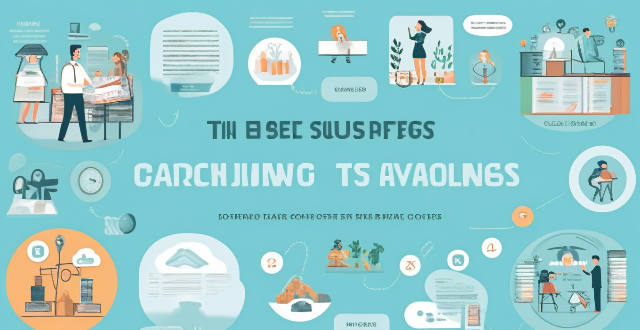This text discusses the role of international organizations in promoting vaccine equity by ensuring everyone has equal access to vaccines regardless of their socioeconomic status or geographic location. Key players such as the WHO, UNICEF, GAVI, World Bank, and WTO engage in various activities including advocacy, policy making, funding, research and development, logistics, distribution, monitoring, and evaluation. However, challenges such as political will, financial constraints, infrastructure deficits, and information disparities can hinder progress. The text concludes that overcoming these obstacles requires sustained collaboration and innovative solutions from these organizations and their partners worldwide.

The Role of International Organizations in Promoting Vaccine Equity
Introduction
International organizations play a crucial role in promoting vaccine equity, which is the principle that everyone should have equal access to vaccines regardless of their socioeconomic status, geographic location, or other factors. These organizations work towards ensuring that all individuals around the globe have an equal opportunity to access vaccinations and benefit from the protection they offer against preventable diseases.
Key Players
- World Health Organization (WHO): Serves as the primary global authority on public health, providing leadership, research, norms, and standards for vaccine distribution and usage.
- United Nations Children's Fund (UNICEF): Focuses on providing vaccines and other health commodities to children in developing countries.
- Global Alliance for Vaccines and Immunization (GAVI): A partnership committed to increasing access to new and underused vaccines for children in the world's poorest countries.
- World Bank: Offers financial support and expertise to improve healthcare systems, including immunization programs.
- World Trade Organization (WTO): Ensures trade agreements do not hinder equitable access to vaccines.
Activities and Initiatives
##### Advocacy and Policy Making
- Promote Global Health Agendas: International organizations advocate for vaccine equity to be included in national and international health policies.
- Develop Policies and Guidelines: They establish policies and guidelines to ensure fair distribution and accessibility of vaccines.
##### Funding and Financial Support
- Allocate Funds: Organizations like GAVI and the World Bank provide financial resources for vaccine procurement and distribution.
- Donor Coordination: They coordinate donations from high-income countries and private sectors to fund immunization programs.
##### Research and Development
- Support Vaccine Research: International organizations invest in research to develop new vaccines and improve existing ones.
- Facilitate Technology Transfer: They encourage technology sharing between pharmaceutical companies to increase vaccine availability.
##### Logistics and Distribution
- Cold Chain Maintenance: Ensure proper storage and transport of vaccines, maintaining their efficacy.
- Delivery Mechanisms: Establish efficient delivery systems to reach remote areas and vulnerable populations.
##### Monitoring and Evaluation
- Track Vaccine Coverage: Monitor vaccination rates globally to identify gaps and evaluate progress.
- Conduct Impact Assessments: Evaluate the effectiveness of vaccine programs and make necessary adjustments.
Challenges Faced
- Political Will: Lack of commitment from governments can hinder progress.
- Financial Constraints: Limited funds can prevent widespread implementation of vaccine programs.
- Infrastructure Deficits: Weak healthcare systems in some countries impede vaccine distribution and administration.
- Information Disparities: Misinformation can lead to vaccine hesitancy and resistance.
Conclusion
International organizations are instrumental in driving initiatives that promote vaccine equity. Through their collective efforts in advocacy, funding, research, logistics, and monitoring, they work towards a future where everyone has access to life-saving vaccines. Overcoming challenges such as political will, financing, infrastructure, and misinformation requires sustained collaboration and innovative solutions from these organizations and their partners worldwide.